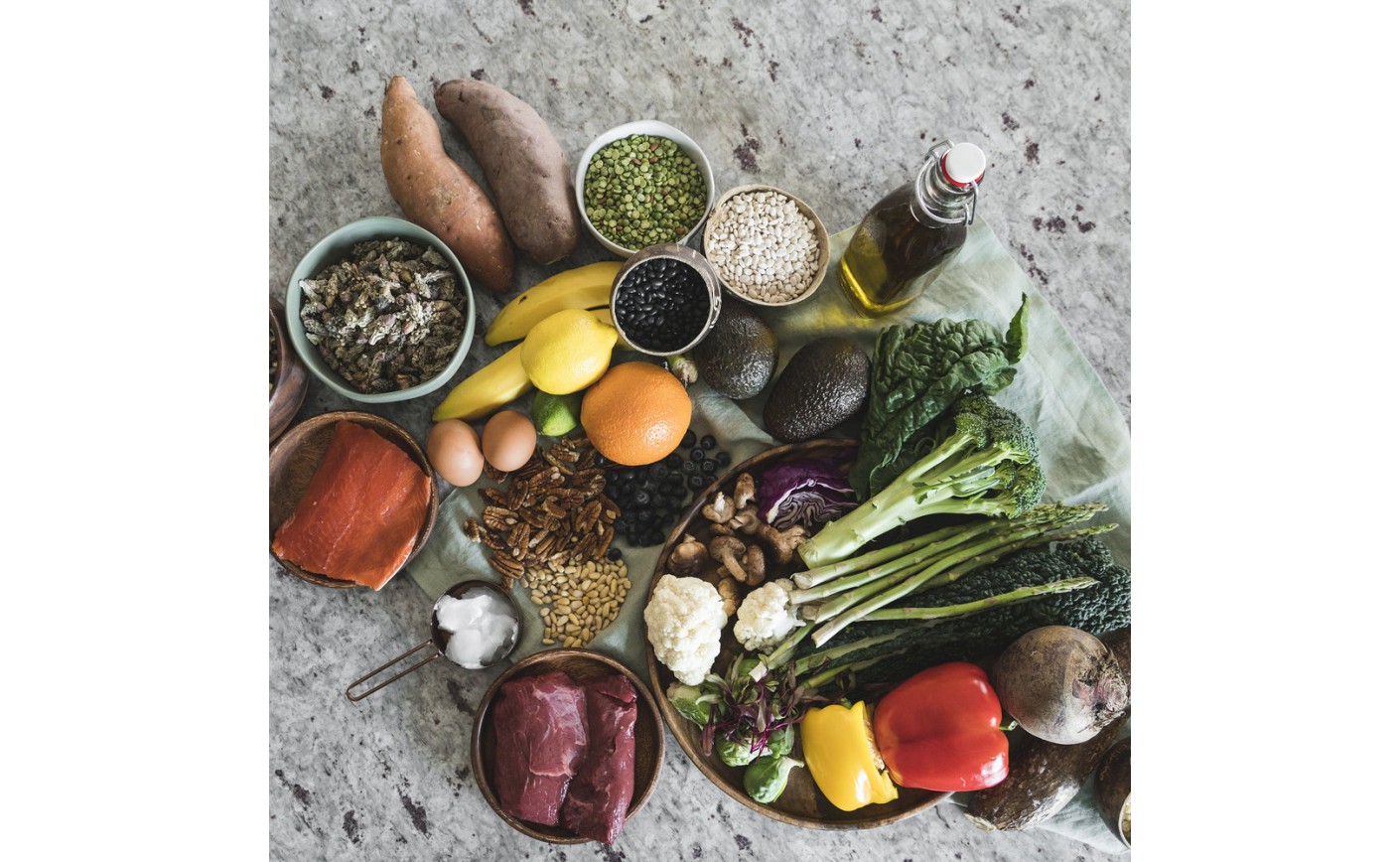
Even after being in the 20th century we still take some part of our ancient tradition which not just is a generation bond but it does have significant effect on our health. Our elders would have told several things when it comes to food, some can be easy to follow on the other hand some can be weird too. But on the whole they still serve a significant role.
In this article, we will discuss few of our ancestors commonly used terms and food habits of ancient times and their benefits to ourselves.
1. Sitting on the floor and eating
However, everyone will have a dining table at home which is mostly not used for eating rather to keep unwanted stuffs on a daily basis, but why do we not eat on them.??? The simple reason being its not in our culture. We indians always have a superstitious belief for a scientific reason. According to experts, sitting on the floor cross legged while having food as practiced in India is typically a yogic posture called Sukhasan which is said to massage the abdominal muscles, boost circulation in lower part of the body and increase flexibility.
2. Early morning breakfast & Early dinner:
The roots of having an early morning breakfast go long back in history. Our ancestors would have eaten their first meal soon after the sun rise and go to farms to work. Recent researches has proven that to attain a healthy lifestyle it's better to have early breakfast and a early dinner, which is our intermittent fasting which our ancestors left for us to follow.
3. Not talking while eating:
Most of us have grown up hearing that talking while eating is a bad manner. In older days, it was considered a taboo to converse while eating. The main reason behind it probably was the fear of choking on food or hurriedly gulping it down without chewing. Nutrition scientists and doctors say that chewing food well enables in better digestion.
4. Cooking in earthern utensils:
Our ancestors must have cooked food in earthenware because they did not know about plastic, steel and aluminium. But that was not the only reason for it. Cooking in clay pots adds calcium, phosphorus, iron, magnesium, sulphur and several other minerals to food. Clay pots are also alkaline in nature so they mix well with acidic food and balance its PH level. Remember, deadly diseases like cancer do not develop in an alkaline atmosphere.
5. Frozen food is not good for you
One should consume meal within four hours of preparing it, to get the maximum benefits. In ancient times when there were no ready to eat and frozen foods, there were fewer lifestyle diseases. Food starts losing its nourishment as soon as it is prepared. So it is advisable to eat it fresh. While in most busy households today the concept of preparing meals three times a day has given way to bulk preparation once, it is an unhealthy practice that should be given up.
6. Eating food with hands:
It was not only a part and parcel of our traditions but was also the simplest way of eating food. The tradition of eating food with the hands is called kamayan meaning “with hands.” Ancient medicine from these origins explains that each finger has spiritual significance and their own "Vedic" elements.
Beyond ancient theories, improved digestion, improves the gut micorbiome, prevents over-eating, helps engaging all the senses.
7. Do not stand and drink water
When you are standing, your body and tissues are in a state of tension. This leads the water to rapidly flow down your body, causing a disruption in the existing balance of fluids.

